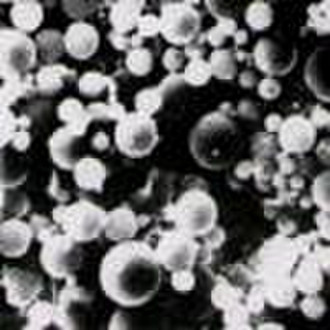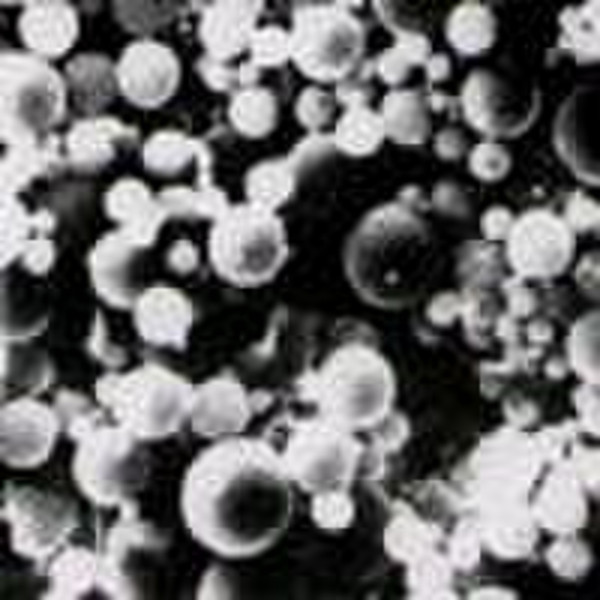Catalog
-
Catalog
- Agriculture
- Apparel
- Automobiles & Motorcycles
- Beauty & Personal Care
- Business Services
- Chemicals
- Construction & Real Estate
- Consumer Electronics
- Electrical Equipment & Supplies
- Electronic Components & Supplies
- Energy
- Environment
- Excess Inventory
- Fashion Accessories
- Food & Beverage
- Furniture
- Gifts & Crafts
- Hardware
- Health & Medical
- Home & Garden
- Home Appliances
- Lights & Lighting
- Luggage, Bags & Cases
- Machinery, Hardware & Tools
- Measurement & Analysis Instruments
- Mechanical Parts & Fabrication Services
- Minerals & Metallurgy
- Office & School Supplies
- Packaging & Printing
- Rubber & Plastics
- Security & Protection
- Service Equipment
- Shoes & Accessories
- Sports & Entertainment
- Telecommunications
- Textiles & Leather Products
- Timepieces, Jewelry, Eyewear
- Tools
- Toys & Hobbies
- Transportation
Filters
Search
Cenosphere

jena
Contact person
Basic Information
| Place of Origin | China |
|---|---|
| Grade Standard | Medicine Grade |
Cenospheres are hollow ceramic microspheres found in flyash, a natural by-product of coal combustion during the generation of electric power. Small and hollow, microspheres are used as functional fillers or extender in the manufacture of plastics, paints, resins, thermal coatings, epoxies, mastics; light weight aggregate for cement, ceramics and other construction products.Because cenospheres often replace mined materials, they can significantly lower production costs. Simultaneously, cenospheres can benefit finished product properties by increasing durability and functionality. Cenospheres are environmentally: 100% recycled Made up of silica, iron and alumina, cenospheres have a size range from 1 to 500 microns with an average compressive strength of 3000+ psi. Colors range from white to dark gray. They are also referred to as microspheres, hollow spheres, hollow ceramic microspheres, micro-balloons, or glass beads.... Cenosphere applications offer many benefits over mined materials, primarily cost and weight reduction. Of their many uses, microspheres are used as light weight aggregate in oil well cements, sound proofing, thermal insulation, interior and exterior paints, injection molding of plastics, automotive brake linings, and are even used by NASA in the nose of the Space Shuttle.Desirable properties include: controllable density for buoyancy, improved flow, excellent thermal insulation, light weight, and high strength. Environmentally friendly and 100% they aid not only the coal fired power plants control their pollution, but make their use earth conscious.
Payment term
Letter of credit
Telegraphic transfer
-
Payment Methods
We accept:









